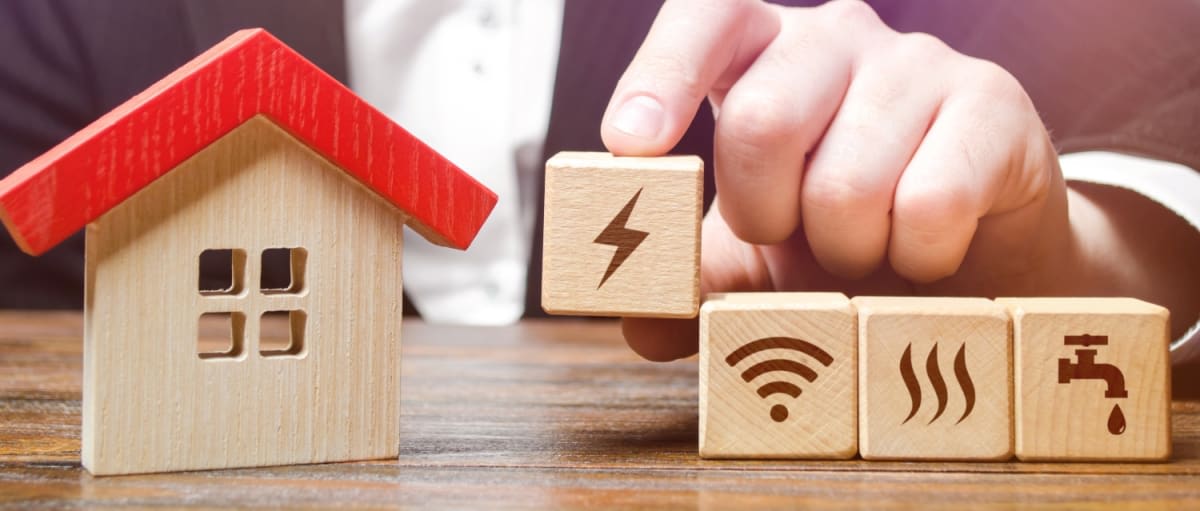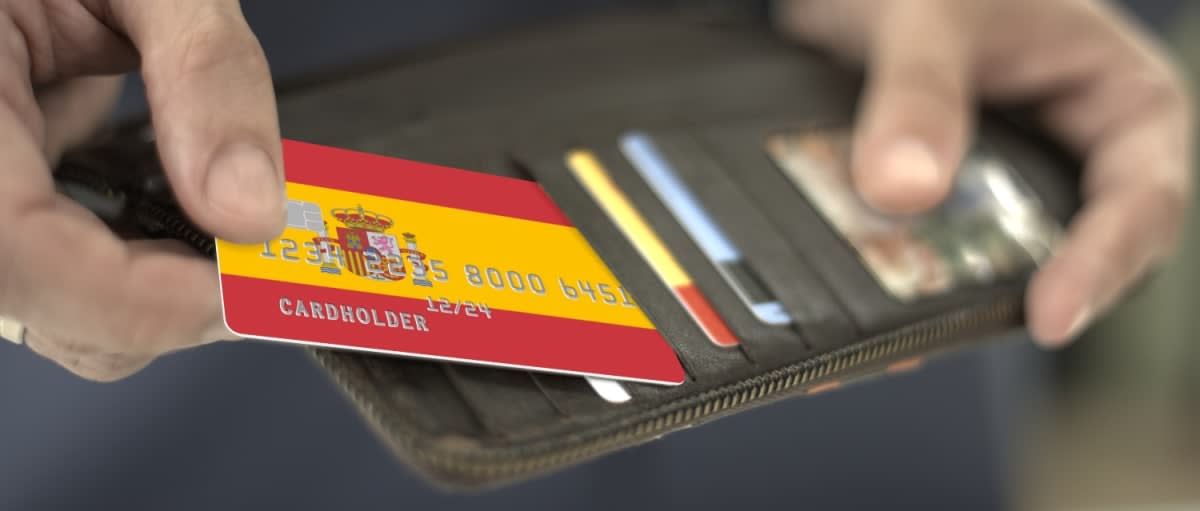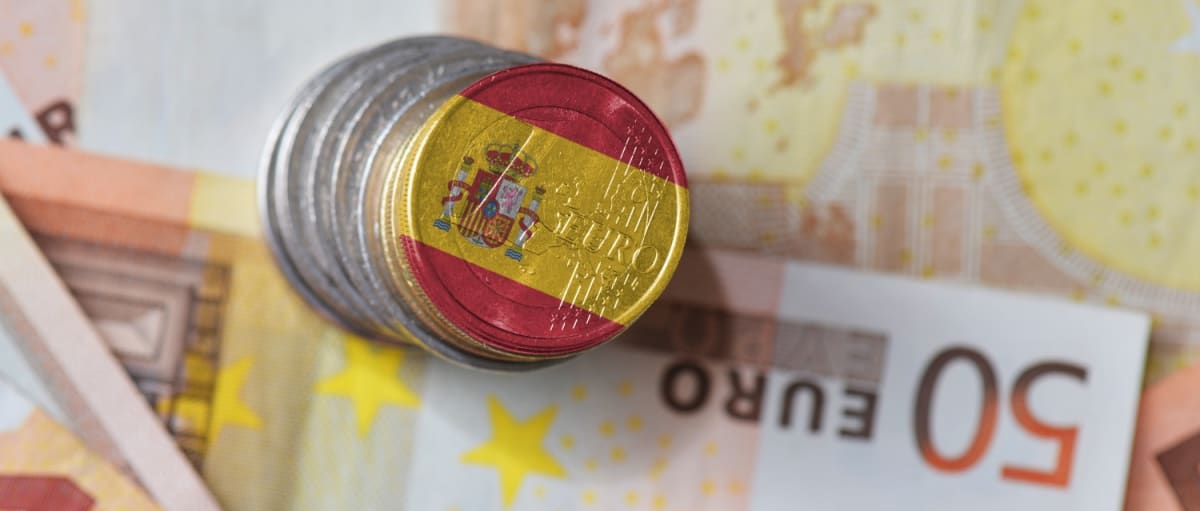You’ve found your dream home, you’ve paid the deposit – now it’s time to complete the purchase. This is the final stretch before you receive the keys, and while it can feel overwhelming, it doesn’t have to be. With the right support and preparation, completing a property purchase in Spain can be a smooth and stress-free experience.
After months of planning, searching and paperwork, you’re nearly there. The final steps in your Spanish homebuying journey are all about getting the legal side right – and making sure you’re ready for the official handover.
In this guide, you’ll find everything you need to know about the completion process in Spain: from what happens at the notary’s office to how Power of Attorney works, what to expect in costs and how to make sure there are no last-minute delays.
Download the Spain Buying Guide
Contents
Overview of the completion process
Once your offer is accepted and you’ve paid the deposit, the official closing period begins. This phase typically takes one to two months from the moment your offer is accepted, but every purchase is different. During this time, your lawyer will conduct final checks and prepare for the signing of the Escritura – the property deed. You might not even need to be in Spain to complete, as you can give your lawyer Power of Attorney to act on your behalf. The final step is the legal handover of keys and ownership at the notary’s office.
Reviewing and signing legal documents
After paying your deposit and signing the reservation contract, your legal representative (or you, if present in Spain) will prepare to sign the final contract of sale – known as the Escritura.
If you’re buying a new build or off-plan home, the developer must present a certificate of completion (certificado final de obra) and obtain a first occupancy licence (licencia de primera ocupación). These documents prove that the property is habitable and are essential for registering utilities.

Completing the transaction
The completion meeting typically happens at a notary’s office. If you can’t attend, your lawyer can do so on your behalf using a valid Power of Attorney.
It is at this point that you must pay the remaining balance, fees and associated taxes, including the Property Transfer Tax (ITP). How much ITP you pay varies by region, but will usually be around 6-10% of the property’s value.
Once the Escritura is signed and funds are transferred, the property is officially yours.
Completion timeline
| Stage | Estimated time | What happens |
|---|---|---|
| Offer accepted | 0-5 days | Deposit paid, reservation contract signed |
| Legal checks & documentation | 1-6 weeks | Your lawyer completes due diligence |
| Completion | 6-8 weeks | Final contract signed, funds paid, keys handed over |
Role of the notary
The notary (Notario) is a public official who oversees the signing of the Escritura and verifies its legality. They do not represent the buyer or the seller – their role is neutral but essential. The notary ensures that the contract is valid, the property can legally be sold and that taxes are paid.
Fees are typically split between both parties. Buyers can expect to pay around 0.5%-1% of the property’s value in notary fees. The notary also informs the Land Registry of the transaction to finalise the change of ownership.
Power of attorney in Spain
If you can’t attend the completion in person, you can authorise your lawyer (or another representative) to act on your behalf via Power of Attorney. This can be arranged in Spain or the UK.
In the UK, the process costs around £250 and can be done via a local notary public or at a Spanish consulate in London or Manchester.
Speak to a Spain property expert
Tips for a smooth completion
- Apply for your NIE well ahead of completion – your lawyer or estate agent can help.
- If you’re buying with cash, ensure your funds are ready to transfer before the notary appointment.
- If you need a mortgage, get an agreement in principle before making a formal offer.
- Use a specialist like Smart Currency Exchange for the currency transaction. They can help you lock in a good rate and avoid delays.
- Keep your lawyer updated with contact details for all parties involved.
- Agree on a realistic completion date with your lawyer and the seller in advance.
FAQs about completing a property purchase in Spain
Most completions take around six to eight weeks from when your offer is accepted. This allows time for legal checks, mortgage arrangements (if needed) and preparing the final contract. In some cases, especially if there are no delays or you’re a cash buyer, it can happen even faster.
Yes – you’ll need a Spanish bank account to pay for utilities, taxes and community fees. It’s also often required for mortgage payments and transferring funds during completion. Most overseas buyers open an account soon after starting the purchase process.
Yes – many buyers complete remotely by granting Power of Attorney to their Spanish lawyer. This allows your representative to attend the notary appointment, sign documents and finalise the sale on your behalf, making the process much easier if you can’t travel.
You might also like:








